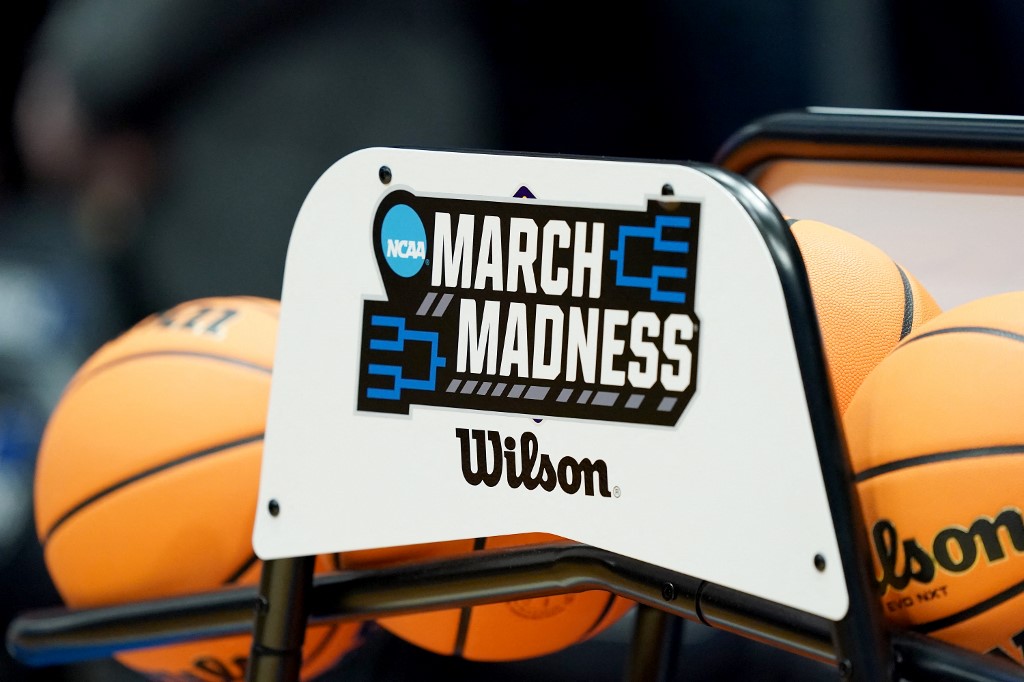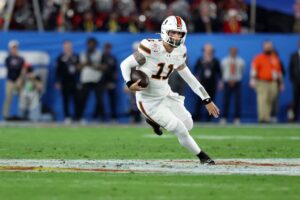March Madness Will Debut Player Availability Reports to Stem Student-Athlete Harassment

The NCAA has announced it will require teams participating in the men’s and women’s national basketball championships to submit two player availability reports beginning with this season’s March Madness tournament, a change expected to bring more transparency to sports betting.
Curbing Student-Athlete Abuse
Several NCAA Division I member conferences required availability reports during this year’s football season, and the NCAA has expanded that to include this season’s March Madness tournament. The report will be mandatory and must be submitted on the night before the competition, while the other will be required two hours before tip-off.
The system is being imposed to stem the tide of student-athlete harassment by bettors. The reports will be publicly available, which means the student-athletes will not face pressure to stay out of the game or suit up. It is designed to enhance a student-athlete’s college experience and is viewed as a pilot program that may be expanded to other championship tournaments and special events.
“After months of thorough discussion and exploration, I applaud the Division I Men’s and Women’s Basketball Committees for taking such important action,” NCAA president Charlie Baker said. “Implementing player availability reporting is a major step to increasing student-athlete protections by alleviating pressures for the enhancement of their college experience.”
Data Collection and Integrity Measures
HD Intelligence, an analytics consulting company focused on basketball, will be tasked with collecting the availability reports, which it currently does for several NCAA conferences. In the wake of the NBA betting scandal and an NCAA gambling investigation that resulted in the permanent suspensions of Fresno State basketball players Mykell Robinson, Steven Vasquez, and Jalen Weaver, the governing body of college sports is prepared to defend the integrity of its leagues and the protection of its players.
Abuse Too Common but Still Declining
The good news is that the NCAA has targeted bettors and fans who harass college athletes via social media or by messaging. The efforts have resulted in a 22% year-over-year decrease in harassment, according to the Signify Group, which is a good start but not good enough for the NCAA.
Clint Hangebrauck, NCAA managing director of enterprise risk management, released a statement saying, “The NCAA condemns all forms of online abuse and harassment. The results from this year’s study suggest that the NCAA’s multi-layered strategy of building public awareness, advocacy, and forming collaborative relationships with third parties is having a positive impact and has enhanced our ability to combat abuse.”
In the first year the abuse was measured, March Madness 2024, the report found the tournament triggered 73% of “angry sports bettor” messages, with women receiving 59% more abusive messages than their male counterparts.
“Don’t Be a Loser” Campaign and Positive Results
However, the NCAA fired back with a “Don’t Be a Loser” campaign aimed at fans and shown at event venues, which resulted in the 2025 March Madness tournament having 23% less overall abuse and a 66% decline for women, year over year.
In August, the NCAA partnered with Venmo, a popular way to send and receive money between young adults, to combat harassment by setting up a hotline integrated within the app that allows college athletes to report harassment and illegal activities to law enforcement agencies.
David Szuchman, senior vice president of PayPal, Venmo’s parent company, stated, “Harassment or abuse of any kind is not tolerated on the platform, and strict action is taken against users who violate our policies. Through these measures, we are taking decisive steps to help prevent the misuse of our platform and ensure all our users feel protected when they use Venmo.”






